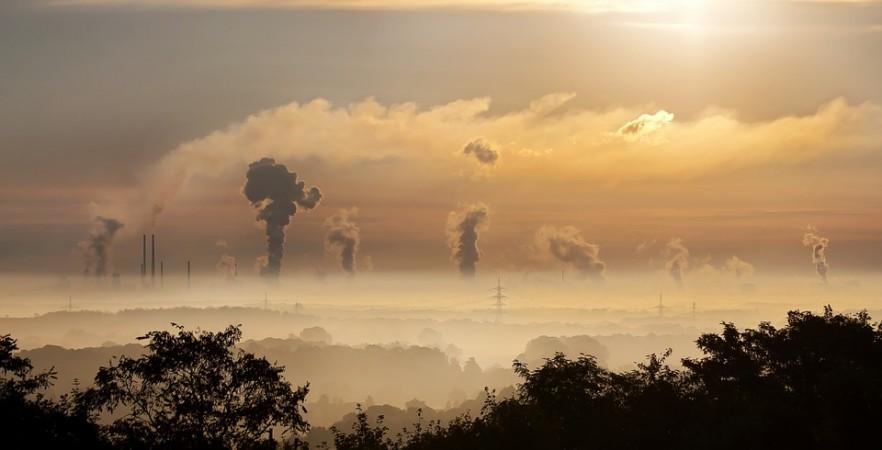
Union Environment Minister Harsh Vardhan on Thursday launched a programme to rein in dangerous pollution levels in more than a hundred cities. But the plan has drawn criticism from environmentalists who said it lacks a clear framework to tackle toxicity levels.
India is home to world's 14 most polluted cities, according to the World Health Organization. Toxic air also claimed 1.24 million lives in 2017, a study in Lancet Planetary Health showed last month.
The National Clean Air Programme (NCAP) aims to cut pollution in the 102 worst affected cities by 20-30 per cent by 2024.
Harsh Vardhan said he believed it would substantially improve air quality. "We need to ensure that we give clean air to our children and the generations to come," he added.
The plan aims to push through cuts in industrial emissions and vehicular exhaust fumes, introduce stringent rules for transport fuels and biomass burning and reduce dust pollution. It will also upgrade and increase monitoring systems.
The launch, put back from last year due to bureaucratic delays, coincides with the annual peak of pollution levels in northern India, including New Delhi. Since October 2018, the residents of the national capital, home to more than 20 million people, have struggled to breathe under thick smog.
Last week, the pollution surged to "emergency" levels as the Central Pollution Control Board (CPCB) air quality index of poisonous particulate matter hit 440, more than 12 times the US government's recommended limit.
Sunil Dahiya, a senior campaigner with environmental group Greenpeace, welcomed the launch of the program but said it lacked focus and ambition.
"We hoped that the NCAP would be much stronger, would provide sector-wise targets, specific targets for the cities and mention a strong legal backing to take action against the non-implementation," he said.
"We hope that the environment ministry shows more seriousness in implementing and strengthening the plan," he added.
As pollution spiked in New Delhi in October 2018 and November 2018, the government had adopted measures ranging from a temporary ban on construction activities and garbage burning to a clampdown on coal-fired power stations. But the measures were inadequate and poorly implemented, largely because of a lack of resources and political will.
(with input from Reuters)









